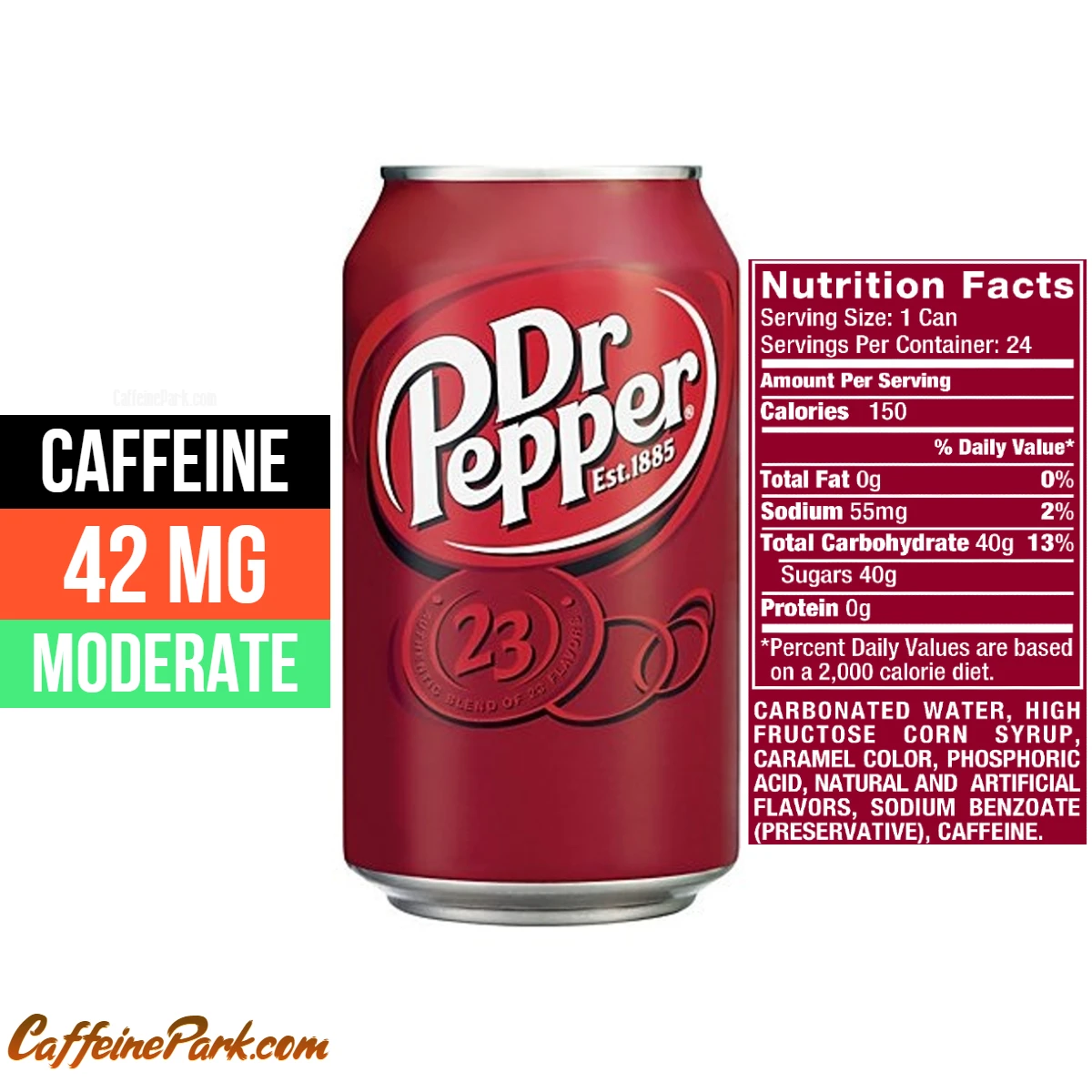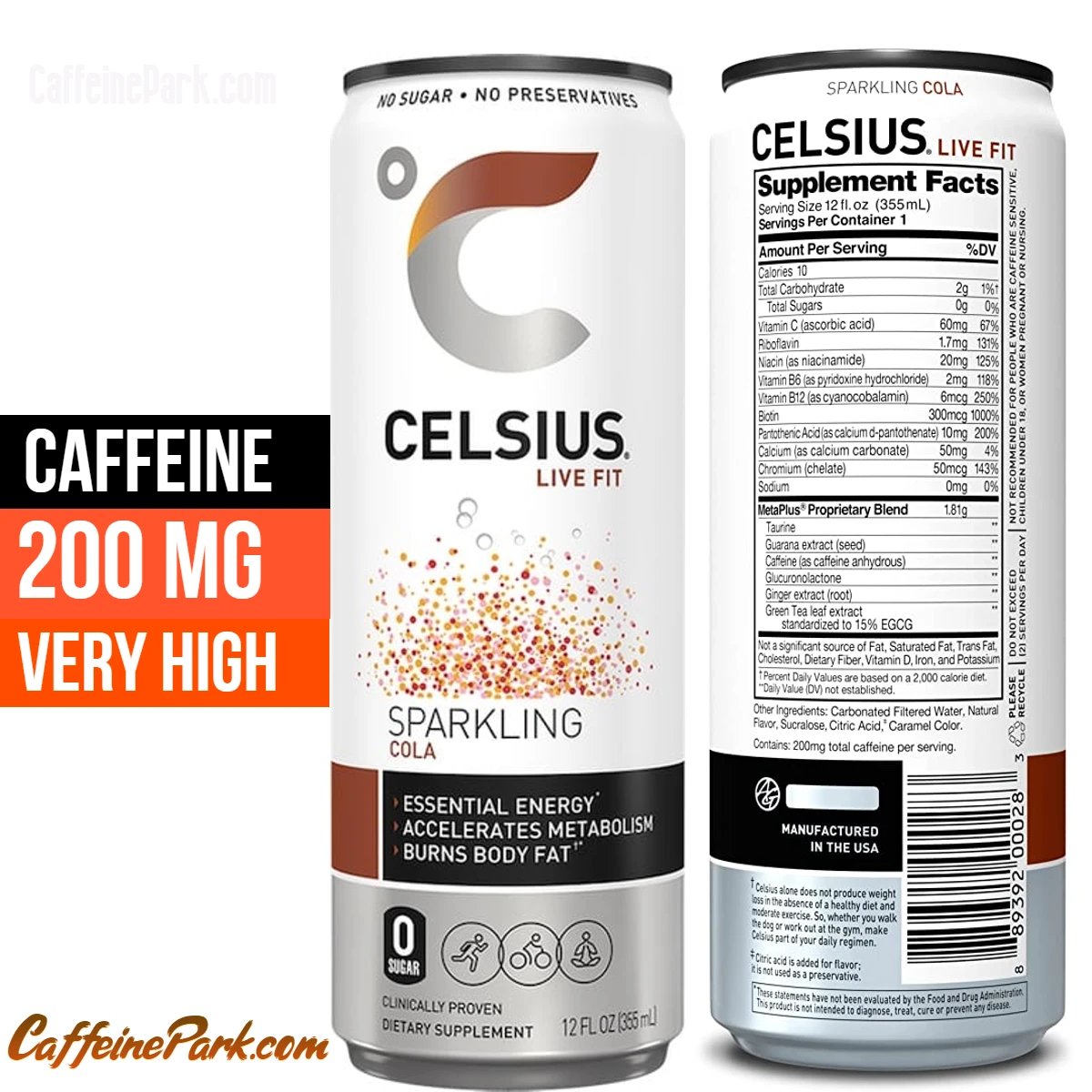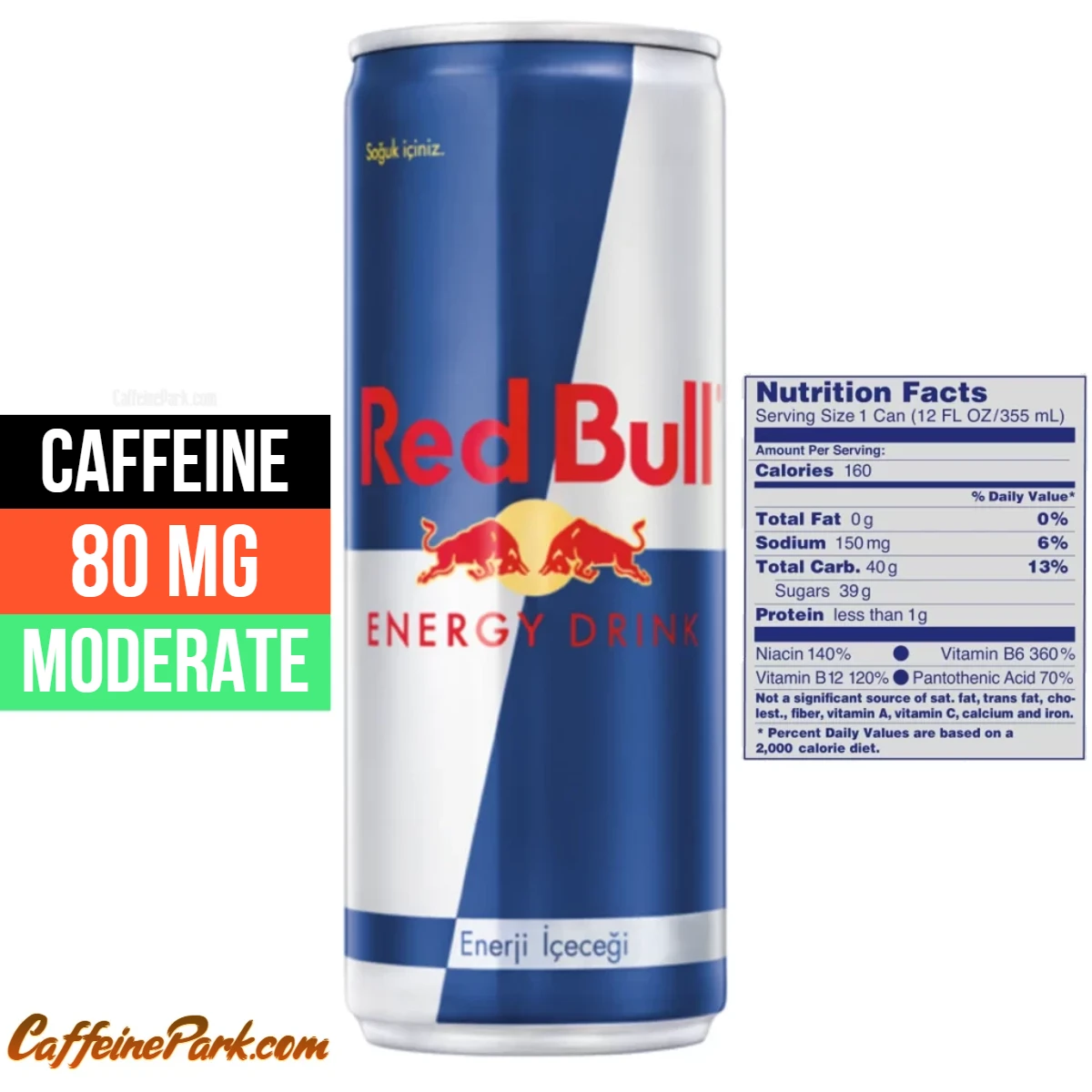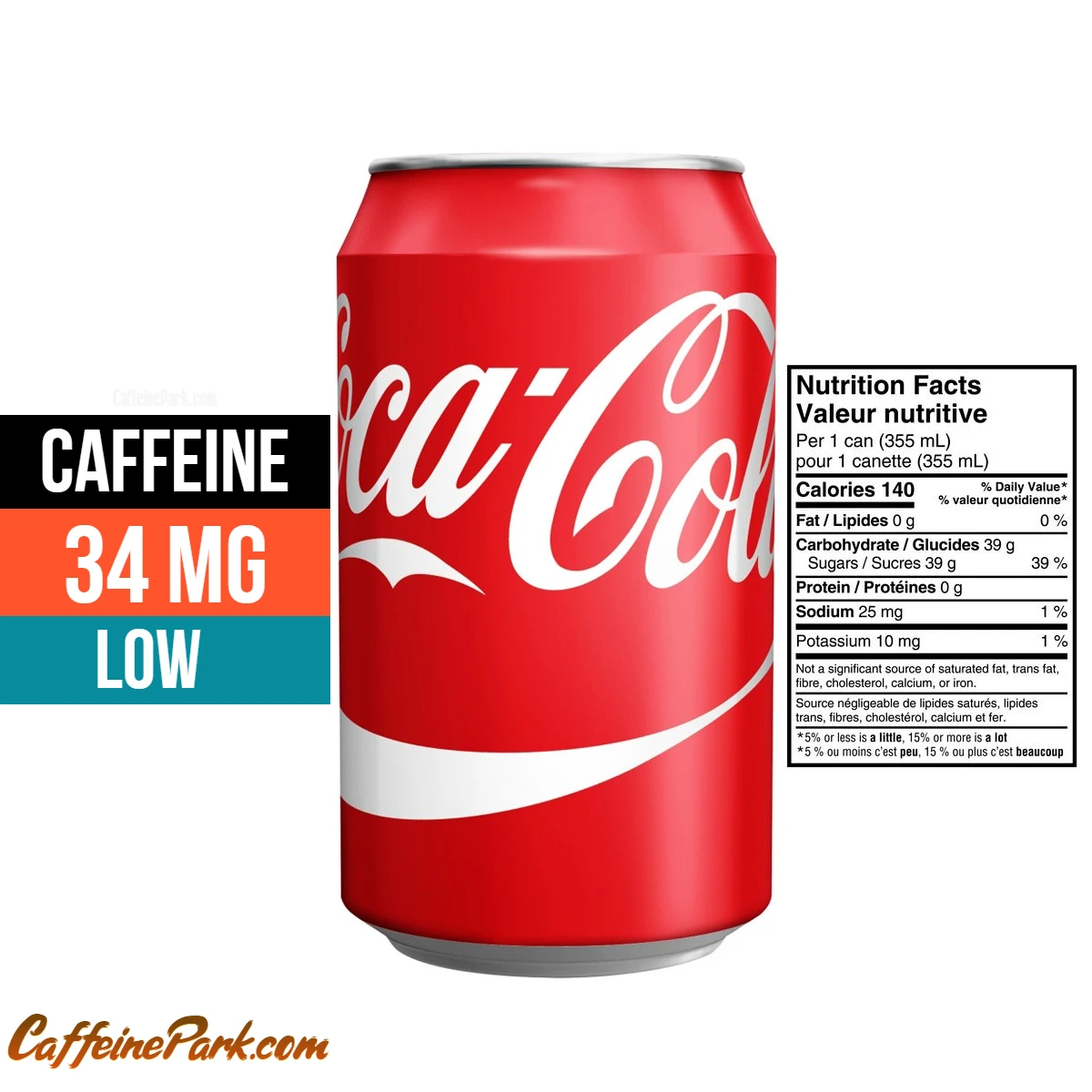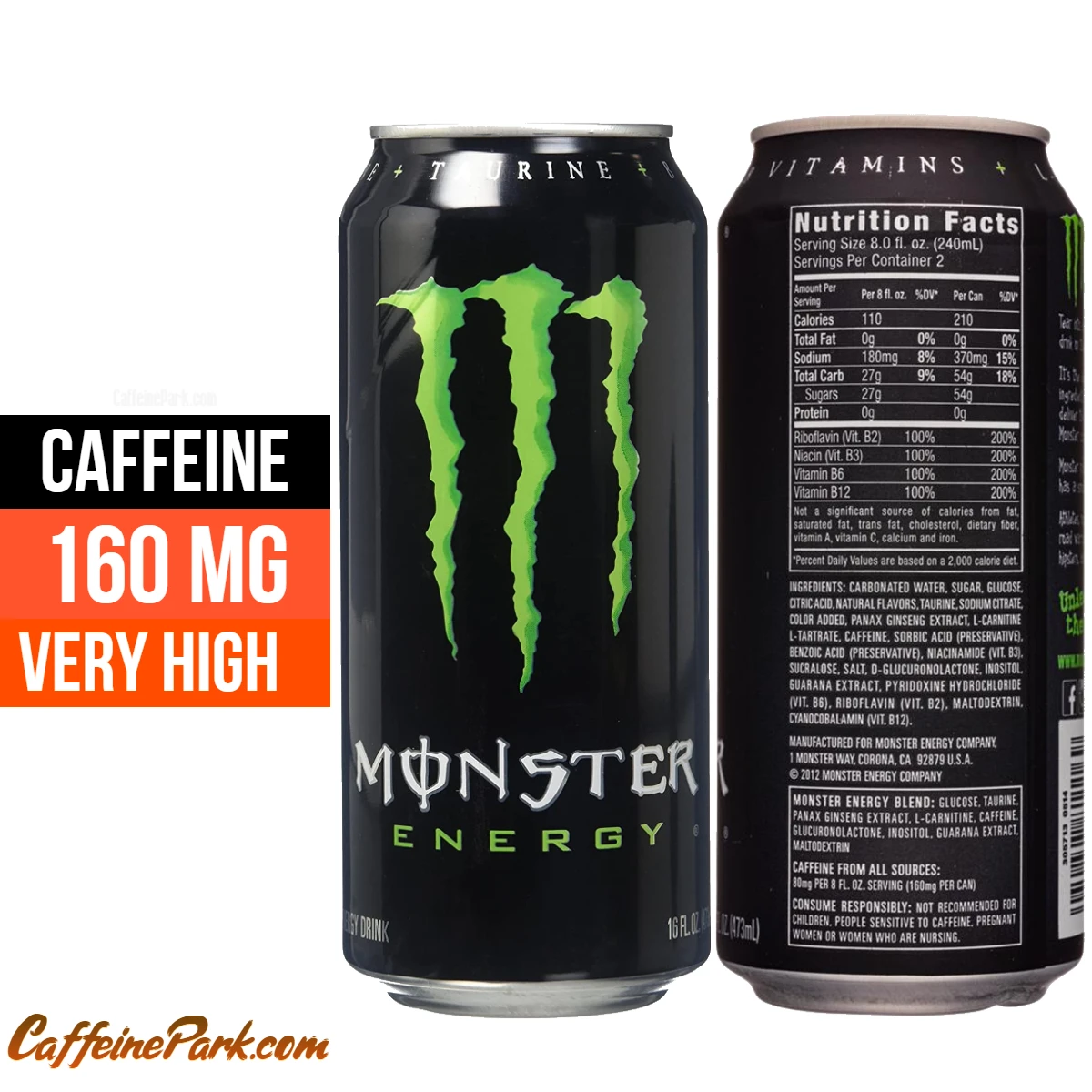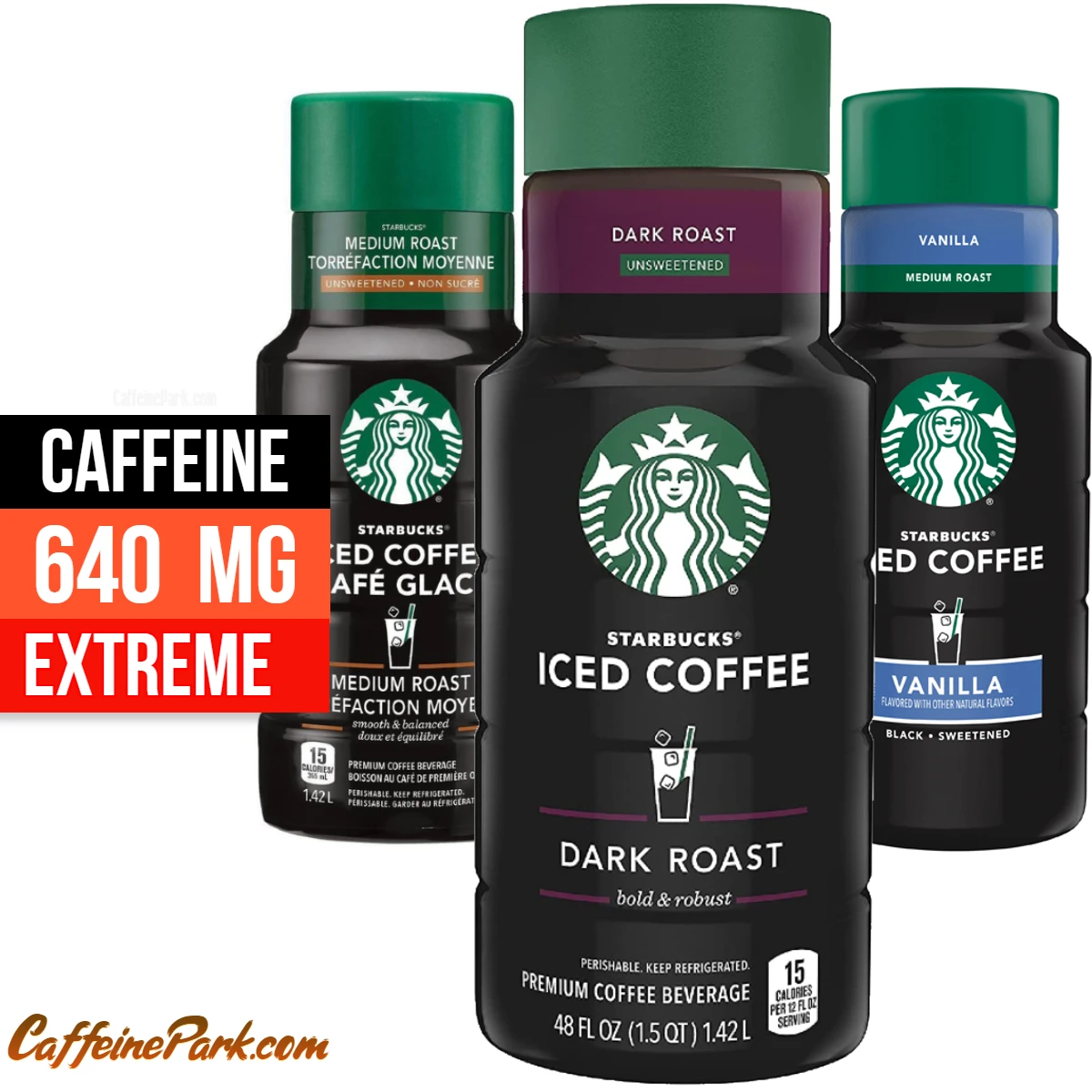K Cup Decaf Caffeine Content
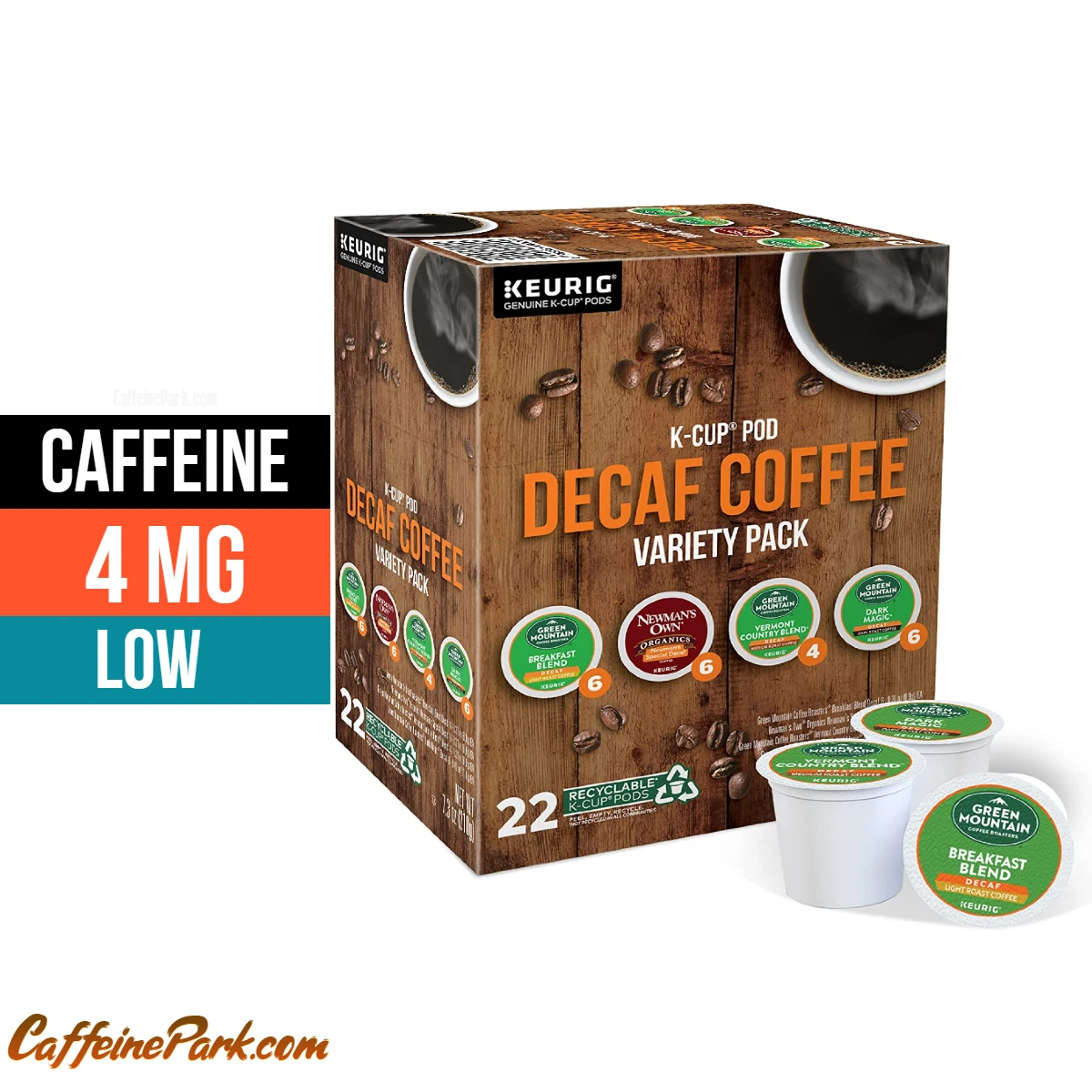
K-Cups are single-serving coffee pods that are designed to be used with Keurig brewing machines. Decaffeinated K-Cups contain significantly less caffeine than regular K-Cups, as the decaffeination process removes most of the caffeine from the coffee beans before they are roasted and packaged.
The exact caffeine content of decaffeinated K-Cups can vary depending on the brand and the specific blend of coffee used. However, in general, decaffeinated K-Cups are likely to contain between 2 and 5 milligrams of caffeine per 8-ounce serving. This is significantly less than the typical caffeine content of regular K-Cups, which can range from 60 to 120 milligrams of caffeine per 8-ounce serving.
It’s worth noting that while decaffeinated K-Cups do contain less caffeine than regular K-Cups, they are not completely caffeine-free. Some people who are particularly sensitive to caffeine may still experience side effects such as jitteriness or insomnia if they consume too many decaffeinated K-Cups in one day. If you are sensitive to caffeine or have any concerns about your caffeine intake, it’s best to talk to a healthcare professional before consuming decaffeinated K-Cups.
In general, decaffeinated K-Cups are a good option for people who want to enjoy the taste of coffee without the jittery effects of caffeine. They are also a good choice for people who need to limit their caffeine intake for health reasons.
Does K-Cup Decaf have caffeine?
Yes, K Cup Decaf contains about 4mg of caffeine per 8 fl oz cup and 0.5mg of caffeine per fl oz (1.69mg per 100ml).
| Serving size | Caffeine Amount | Calories | Caffeine strength |
|---|---|---|---|
| 100ml | 1.7 mg | 0 | LOW |
| 8 fl oz cup | 4 mg | 0 | LOW |
| 12 fl oz | 6 mg | 0 | LOW |
How Much Caffeine is in K-Cup Decaf?
- Caffeine Amount: 4 mg
- Caffeine strength: LOW
- Calories: 0
- Serving size: 8 fl oz cup
Compare caffeine in Decaf K-Cup Vs other Decaf Coffees
| Items | Serving Size | Caffeine |
|---|---|---|
| Decaf K-Cup | 8 fl oz | 4mg |
| K-Cup Coffee | 8 fl oz | 100mg |
| Peet’s Decaf Espresso | 1.5 fl oz | 10mg |
| Starbucks Decaf Coffee | 16 fl oz | 25mg |
| Waka Decaf Instant Coffee | 8 fl oz | 4mg |
Review
Decaffeinated K-Cups are a great option for coffee lovers who want to enjoy the taste of coffee without the jittery effects of caffeine. They are also a good choice for people who need to limit their caffeine intake for health reasons. They are available in a wide variety of flavors and blends, with a similar taste and flavor as regular K-Cups, they are convenient and easy to use, and they are budget-friendly.
History
K-Cups were first introduced in 1998 by a company called Green Mountain Coffee Roasters. The company’s founder, Bob Stiller, had been experimenting with a new way to brew coffee that would be faster and more convenient than traditional methods. He came up with the idea of using pre-measured coffee pods that could be used with a specialized brewing machine.
The first K-Cups were made from plastic and aluminum, and they were filled with pre-ground coffee. The K-Cup design allowed for the coffee to be brewed with the perfect amount of water, for an optimal taste, and for a fast and easy brewing process. The first K-Cups were only compatible with the Keurig brewing machines, which were also developed by Green Mountain Coffee Roasters.
The K-Cup and the Keurig brewing machine were first made available to the public in 1998, and they quickly became popular among coffee lovers. The convenience and ease of use of K-Cups made them a popular choice for both home and office use.
Over the years, K-Cups have continued to evolve and improve. Today, K-Cups are made from a variety of materials, including plastic and paper, and they are available in a wide range of flavors and blends. Additionally, many different companies now make K-Cups and Keurig brewing machines, making them widely available and accessible to coffee lovers all around the world.
In summary, K-Cups were first developed by Green Mountain Coffee Roasters in the late 1990s, with the aim to create a convenient and easy way to brew coffee at home. The first K-Cups were made from plastic and aluminum, and were filled with pre-ground coffee. They were first made available to the public in 1998 and quickly became popular among coffee lovers. Today, K-Cups are made from a variety of materials, are available in a wide range of flavors and blends, and are widely available and accessible to coffee lovers all around the world.
Taste and Flavor
When it comes to taste and flavor, decaffeinated K-Cups are generally considered to be comparable to regular K-Cups. The decaffeination process does not significantly alter the taste or flavor of the coffee, and many people find that they can hardly tell the difference between decaffeinated and regular K-Cups. However, some people may find that the taste of decaffeinated K-Cups is slightly less bold and rich than that of regular K-Cups.
Decaffeinated K-Cups decaffeination methods
Decaffeinated K-Cups are made using the same decaffeination methods as traditional decaffeinated coffee. The caffeine is removed from the coffee beans before they are roasted, ground, and packaged into K-Cups. The most common methods used by commercial producers for the decaffeination of K-Cups are:
- The Direct Solvent Method: In this method, a solvent such as methylene chloride or ethyl acetate is used to extract the caffeine from the green coffee beans. The beans are then rinsed with water to remove any remaining solvent before they are roasted, ground, and packaged into K-Cups.
- The Indirect Solvent Method: In this method, the green coffee beans are soaked in hot water to extract the caffeine. The water containing the caffeine is then passed through a charcoal filter to remove the caffeine. The caffeine-free water is then returned to the beans to re-extract any remaining caffeine. The beans are then rinsed with water to remove any remaining solvent before they are roasted, ground, and packaged into K-Cups.
- The Swiss Water Method: This is a 100% chemical-free method of decaffeination, where green coffee beans are soaked in hot water to extract the caffeine. The water is then passed through a carbon filter to remove the caffeine. The caffeine-free water is then returned to the beans to re-extract any remaining caffeine. The beans are then rinsed with water before they are roasted, ground, and packaged into K-Cups.
Convenience
One of the biggest advantages of K-Cups is their convenience. The single-serving pods make it easy to brew a cup of coffee quickly and easily, without the need for measuring or grinding beans. Decaffeinated K-Cups are just as convenient as regular K-Cups, and they are a great option for people who want to enjoy a cup of coffee at any time of the day or night.
Price
Decaffeinated K-Cups can be found at a similar price point as regular K-Cups, with some variations depending on the brand and the specific blend of coffee used. In general, decaffeinated K-Cups are a more budget-friendly option than regular K-Cups, as they can be found for a similar price and you can enjoy the taste of coffee without the jittery effects of caffeine.
Packaging and Available Variations
Decaffeinated K-Cups are packaged in the same way as regular K-Cups, in individual, single-serving pods that are designed to be used with Keurig brewing machines. The pods are made from a variety of materials, including plastic and paper, and they are generally cylindrical in shape. Each decaffeinated K-Cup contains a pre-measured amount of decaffeinated coffee grounds, which are sealed inside the pod to keep the coffee fresh.
In terms of available variations, Decaffeinated K-Cups are available in a wide range of flavors and blends, including classic coffee varieties such as Colombian, French Roast, and Breakfast Blend K-Cup, as well as flavored options such as vanilla, hazelnut K-Cup, and caramel. Additionally, many K-Cup manufacturers also offer decaffeinated options in both regular and bold roasts, giving you a choice to enjoy your decaffeinated coffee with a stronger flavor. Some brands also offer organic and fair-trade decaffeinated K-Cups, which is an option for those who want to support environmentally friendly and ethical coffee production.
In summary, Decaffeinated K-Cups are packaged in the same way as regular K-Cups, in individual, single-serving pods that are designed to be used with Keurig brewing machines. They are made from a variety of materials and are generally cylindrical in shape. They are available in a wide range of flavors and blends, including classic coffee varieties, flavored options, regular and bold roasts, and organic and fair-trade options.
Ingredients and Nutrition
Decaffeinated K-Cups typically contain only a few ingredients: decaffeinated coffee grounds, and sometimes a small amount of natural or artificial flavoring.
Decaffeinated coffee is made by removing caffeine from the coffee beans before they are roasted. There are several methods of decaffeination, including the use of solvents, carbon dioxide, and water. The most common method used by commercial producers is called the “direct solvent method”, where a solvent (usually methylene chloride or ethyl acetate) is used to extract the caffeine from the green coffee beans. The beans are then rinsed with water to remove any remaining solvent before they are roasted.
Decaffeinated K-Cups do not contain any significant amounts of calories, fat, or carbohydrates. They are also naturally gluten-free. However, some decaffeinated K-Cups that are flavored, may contain small amounts of sugar, which is used to enhance the flavor of the coffee.
It’s worth noting that some decaffeinated K-Cups may contain small amounts of residual solvents used in the decaffeination process, although these levels are generally considered safe for consumption. If you have any concerns about the ingredients in decaffeinated K-Cups, it’s best to check the packaging for a list of ingredients or contact the manufacturer for more information.
In summary, Decaffeinated K-Cups typically contain only a few ingredients: decaffeinated coffee grounds, and sometimes a small amount of natural or artificial flavoring. Decaffeinated coffee is made by removing caffeine from the coffee beans, usually, through the use of solvents, they do not contain any significant amounts of calories, fat, or carbohydrates, and are naturally gluten-free. Some decaffeinated K-Cups that are flavored, may contain small amounts of sugar and may contain small amounts of residual solvents used in the decaffeination process, which are generally considered safe for consumption.
selecting the best-decaffeinated K-Cups
When selecting the best-decaffeinated K-Cups, there are several factors to consider:
- Taste and Flavor: The most important factor when selecting decaffeinated K-Cups is taste and flavor. Look for decaffeinated K-Cups that have good reviews and ratings for taste and flavor. You can also try different brands and blends to find one that you like.
- Caffeine Content: Check the caffeine content of decaffeinated K-Cups and select one that has the lowest amount of caffeine that meets your needs.
- Brand: Choose a reputable brand of decaffeinated K-Cups that has a good reputation for quality and consistency.
- Ingredient and Processing: Look for decaffeinated K-Cups that use natural methods of decaffeination, such as the Swiss Water Method, and avoid those that use chemicals.
- Roast: Decaffeinated K-Cups are available in different roasts such as light, medium, and dark, and many manufacturers also offer decaffeinated options in both regular and bold roasts, giving you a choice to enjoy your decaffeinated coffee with a stronger flavor.
- Variety and Flavors: Decaffeinated K-Cups are available in a wide variety of flavors and blends, from classic coffee varieties such as Colombian and French Roast, to flavored options such as vanilla and hazelnut.
- Price: Compare prices from different brands and retailers to find the best deal.
- Environmental Impact: Consider purchasing decaffeinated K-Cups that are made from compostable materials or have recycling programs for used k-cups as a way to reduce their environmental impact.
- Organic or Fair-trade: If you’re looking to support environmentally friendly and ethical coffee production, look for decaffeinated K-Cups that are organic or fair-trade certified.
In summary, when selecting the best-decaffeinated K-Cups, consider factors such as taste and flavor, caffeine content, brand, ingredient and processing, roast, variety and flavors, price, environmental impact, and organic or fair-trade certification.
Best brands
There are many brands of decaffeinated K-Cups available on the market, but some of the most popular and highly-rated brands include:
- Green Mountain K-Cups: This brand offers a wide variety of decaffeinated K-Cups, including classic coffee varieties such as Colombian and French Roast, as well as flavored options such as hazelnut and caramel. They are known for their consistent quality and taste.
- Starbucks K-Cups: Starbucks offers a variety of decaffeinated K-Cups, including classic blends and flavored options. They use a natural water process to remove caffeine and are considered a good choice for those who want to enjoy the taste of coffee without the jittery effects of caffeine.
- Dunkin’ Donuts K-Cups: Dunkin’ Donuts offers a variety of decaffeinated K-Cups, including classic blends and flavored options. They are known for their rich and smooth taste and are a good choice for those who want to enjoy the taste of coffee without the jittery effects of caffeine.
- Folgers K-Cups: Folgers offers a variety of decaffeinated K-Cups, including classic blends and flavored options. They are known for their smooth and rich taste and are a good choice for those who want to enjoy the taste of coffee without the jittery effects of caffeine.
- Tim Horton’s K-Cups: Tim Horton’s offers a variety of decaffeinated K-Cups, including classic blends and flavored options. They are known for their rich and smooth taste and are a good choice for those who want to enjoy the taste of coffee without the jittery effects of caffeine.
- Death Wish K-Cups: Death Wish Coffee Company offers a variety of decaffeinated K-Cups, including classic blends and flavored options. They are known for their strong and bold taste and are a good choice for those who want to enjoy the taste of coffee without the jittery effects of caffeine.
- Peet’s Coffee K-Cups: Peet’s Coffee offers a variety of decaffeinated K-Cups, including classic blends and flavored options. They use a water-based process to remove caffeine and are considered a good choice for those who want to enjoy the taste of coffee without the jittery effects of caffeine.
Please note that preference for taste and flavor can vary greatly from person to person, so it’s recommended to try different brands and blends to find one that you like.
Pros and Cons
Decaffeinated K-Cups have both advantages and disadvantages. Some of the pros include:
Pros
- Convenience: K-Cups are a convenient and easy way to brew a single cup of coffee at home.
- Taste and Flavor: Decaffeinated K-Cups are generally considered to be comparable to regular K-Cups in terms of taste and flavor.
- Variety: Decaffeinated K-Cups are available in a wide variety of flavors and blends.
- Caffeine Content: Decaffeinated K-Cups contain significantly less caffeine than regular K-Cups, making them a good option for people who want to enjoy the taste of coffee without the jittery effects of caffeine.
- Price: Decaffeinated K-Cups can be found at a similar price point as regular K-Cups, making them a budget-friendly option.
Cons
- Residual Solvents: Some decaffeinated K-Cups may contain small amounts of residual solvents used in the decaffeination process, although these levels are generally considered safe for consumption.
- Limited Customization: K-Cups are pre-measured and pre-ground, which limits the ability to customize the strength or flavor of the coffee.
- Environmental Impact: K-Cups are not environmentally friendly, as they generate a lot of plastic waste.
In summary, Decaffeinated K-Cups are a convenient and easy way to brew a single cup of coffee at home, with a good taste and flavor, available in a wide variety of flavors and blends, and are budget-friendly, but they contain some caffeine, may contain small amounts of residual solvents, have limited customization options, and have a negative environmental impact.
FAQs
Are there caffeine amounts in a decaffeinated K-Cup?
The exact caffeine content of decaffeinated K-Cups can vary depending on the brand and the specific blend of coffee used, but in general, decaffeinated K-Cups are likely to contain between 2 and 5 milligrams of caffeine per 8-ounce serving. This is significantly less than the typical caffeine content of regular K-Cups, which can range from 30 to 120 milligrams of caffeine per 8-ounce serving.
Are decaffeinated K-Cups completely caffeine-free?
No, decaffeinated K-Cups are not completely caffeine-free. They contain significantly less caffeine than regular K-Cups, but they still contain some caffeine.
Can I use decaffeinated K-Cups with any type of coffee maker?
Decaffeinated K-Cups are designed to be used with Keurig brewing machines, and may not be compatible with other types of coffee makers.
Can I buy decaffeinated K-Cups in bulk?
Yes, decaffeinated K-Cups can be purchased in bulk from many online retailers and grocery stores.
Are decaffeinated K-Cups environmentally friendly?
No, K-Cups generate a lot of plastic waste. Some companies have developed compostable k-cups, or have recycling programs for used k-cups.
Are decaffeinated K-Cups gluten-free?
Yes, Decaffeinated K-Cups are naturally gluten-free, as they are made from coffee beans. However, it’s worth checking the packaging for any additional ingredients that may contain gluten.
Can I find decaffeinated K-Cups that are organic or fair-trade?
Yes, some brands of decaffeinated K-Cups are available as organic or fair-trade options. These options are a good choice for those who want to support environmentally friendly and ethical coffee production.
How do I know if a decaffeinated K-Cup contains residual solvents from the decaffeination process?
The packaging of decaffeinated K-Cups should indicate if any solvents were used in the decaffeination process, and if so, which specific solvents were used. If you have any concerns about residual solvents, you can also contact the manufacturer for more information.
Are decaffeinated K-Cups suitable for people with dietary restrictions?
Decaffeinated K-Cups are naturally gluten-free, as they are made from coffee beans. However, it’s worth checking the packaging for any additional ingredients that may contain gluten or other allergens. Some decaffeinated K-Cups also contain small amounts of sugar, so they may not be suitable for people following a low-sugar diet.
How long do decaffeinated K-Cups stay fresh?
Decaffeinated K-Cups can be stored for several months, but for best results, it is recommended to use them within the expiration date indicated on the packaging, and store them in a cool, dry place, away from light and moisture.
Are decaffeinated K-Cups available in different roasts?
Yes, decaffeinated K-Cups are available in different roasts such as light, medium, and dark, and many manufacturers also offer decaffeinated options in both regular and bold roasts, giving you a choice to enjoy your decaffeinated coffee with a stronger flavor.
Can decaffeinated K-Cups be used to make iced coffee?
Yes, decaffeinated K-Cups can be used to make iced coffee. Simply brew the K-Cup as normal, and let the coffee cool down before adding ice and your desired additional ingredients (milk, sugar, flavors, etc.).
Read More:
- Caffeine in 7-Up Caffeine Content
- Caffeine in Maxwell House Coffee
- Caffeine in MiO Energy Water Enhancer
- Caffeine in Morning Thunder Tea
Contents
- Does K-Cup Decaf have caffeine?
- How Much Caffeine is in K-Cup Decaf?
- Compare caffeine in Decaf K-Cup Vs other Decaf Coffees
- Review
- FAQs
- Are there caffeine amounts in a decaffeinated K-Cup?
- Are decaffeinated K-Cups completely caffeine-free?
- Can I use decaffeinated K-Cups with any type of coffee maker?
- Can I buy decaffeinated K-Cups in bulk?
- Are decaffeinated K-Cups environmentally friendly?
- Are decaffeinated K-Cups gluten-free?
- Can I find decaffeinated K-Cups that are organic or fair-trade?
- How do I know if a decaffeinated K-Cup contains residual solvents from the decaffeination process?
- Are decaffeinated K-Cups suitable for people with dietary restrictions?
- How long do decaffeinated K-Cups stay fresh?
- Are decaffeinated K-Cups available in different roasts?
- Can decaffeinated K-Cups be used to make iced coffee?
